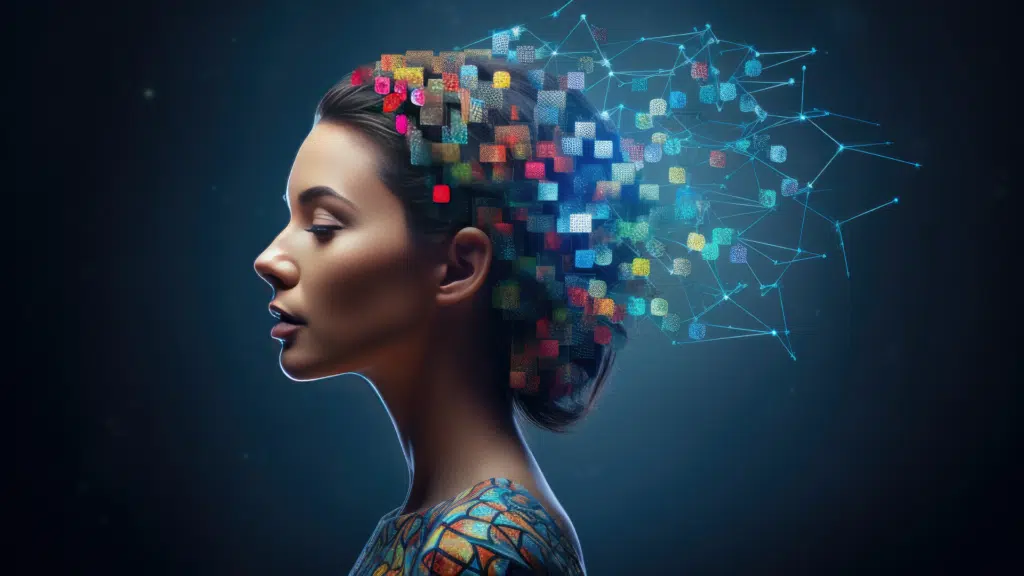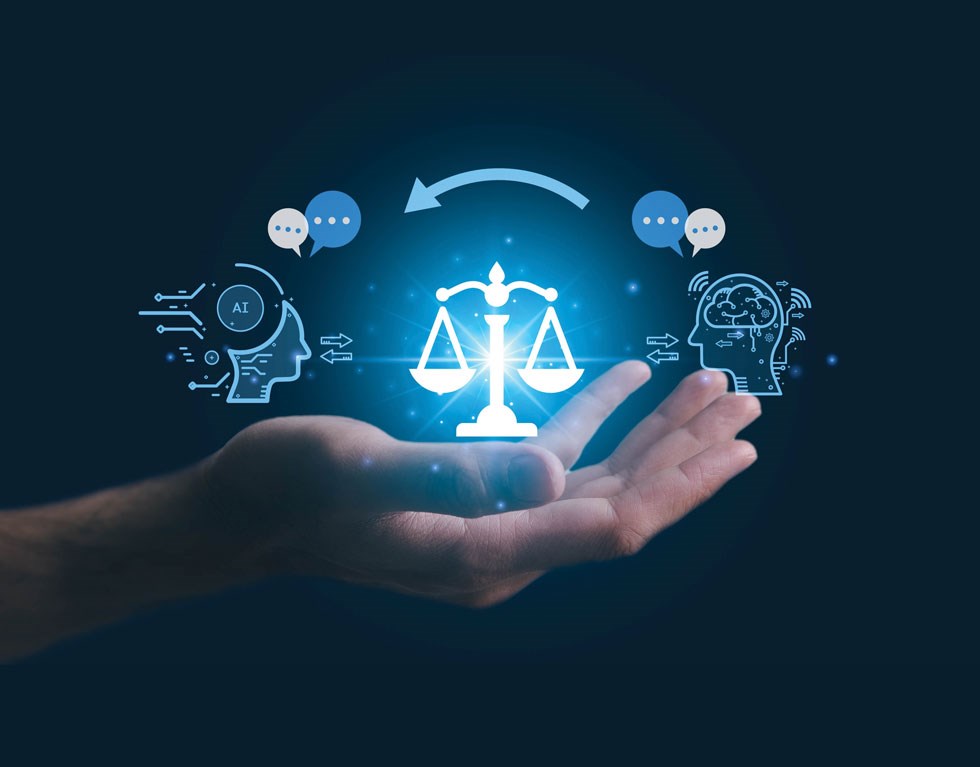Exploring the Role of AI in Mental Health Diagnosis: Opportunities and Ethical Challenges


Introduction
The intersection of artificial intelligence (AI) and mental health diagnosis is rapidly evolving, offering both unprecedented opportunities and substantial ethical challenges. As AI technologies mature, they hold the potential to revolutionize mental health care by improving diagnostic accuracy, personalizing treatment plans, and increasing accessibility to mental health services. This blog post delves into the burgeoning role of AI in mental health, exploring how it can benefit both clinicians and patients, while also addressing the ethical considerations that accompany its integration into this sensitive field.
—
The Rise of AI in Mental Health Diagnosis
Artificial intelligence is increasingly being harnessed to aid in mental health diagnosis. AI algorithms can analyze vast amounts of data far faster than humans, making them invaluable for healthcare professionals. By integrating machine learning with psychological and neurobiological data, AI systems can identify patterns indicative of various mental health disorders.
For instance, researchers have developed AI-driven tools that can evaluate social media text to predict depression and anxiety levels. These systems employ natural language processing (NLP) to parse through linguistic cues and changes in mood, providing a non-invasive diagnostic tool. Similarly, facial recognition software can analyze micro-expressions to detect emotional distress.
Moreover, AI technologies are being utilized to analyze voice tone and speech patterns. Deviation in speech, such as slower pace or changing pitch, can indicate underlying mental health issues. These AI applications not only promote early intervention but also encourage regular mental health check-ins.
—
Opportunities Offered by AI in Mental Health
**Improved Diagnostic Accuracy**
One of the most compelling opportunities AI presents lies in its ability to improve diagnostic accuracy. Traditional mental health diagnoses often rely on subjective assessments and self-reported symptoms, leaving room for human error. AI algorithms, in contrast, provide objective analysis based on a wide array of data inputs, ranging from patient history to biological markers, potentially leading to more precise diagnoses.
**Personalized Treatment Plans**
AI can enhance treatment personalization by analyzing individual patient data to recommend tailored therapeutic interventions. By examining patterns in large datasets, AI systems can predict which treatments are likely to be most effective for specific patients, improving outcomes.
**Enhanced Accessibility**
AI-powered diagnostics can also break down barriers to mental health care. Virtual platforms and AI applications can extend mental health services to remote and underserved communities, where access to specialized care is often limited. These tools can enable online consultations and assessments, providing patients with timely access to help.
—
Ethical Challenges in AI Mental Health Integration
**Data Privacy and Security**
The incorporation of AI into mental health care raises significant concerns about data privacy and security. Sensitive patient information is often collected and analyzed by AI systems, necessitating stringent measures to protect this data from breaches. It is crucial to establish clear guidelines on data handling and ensure transparency about how patient data is used.
**Bias and Fairness**
AI systems are only as good as the data they are trained on. Bias in datasets can lead to skewed results, which can perpetuate existing disparities in mental health diagnosis and treatment. Developers must work diligently to ensure that AI models are trained on diverse and representative datasets, and that bias mitigation techniques are employed.
**Loss of Human Touch**
There is also concern that over-reliance on AI could lead to a diminished human element in mental health care. The therapeutic relationship built on empathy and understanding is critical in mental health treatment. While AI can aid clinicians, it should complement rather than replace the human interaction essential to effective care.
**Accountability and Regulation**
Determining accountability for AI-driven diagnoses presents another challenge. Should errors occur, it is imperative to establish where responsibility lies — with the developers, clinicians, or AI systems themselves. Furthermore, regulatory frameworks need to evolve in tandem with technological advancements to provide clear guidelines for the ethical deployment of AI in mental health.
—
Conclusion
Artificial intelligence offers promising advancements in the diagnosis and treatment of mental health disorders, opening doors to improved accuracy, personalized care, and expanded accessibility. However, these opportunities come hand-in-hand with ethical challenges that must be addressed to protect patients and ensure equitable outcomes.
As AI continues to become an integral part of healthcare, it is crucial to navigate its implementation carefully, upholding ethical standards and prioritizing patient welfare. By fostering an ongoing dialogue among technology developers, healthcare professionals, and ethical bodies, we can harness the full potential of AI to benefit mental health diagnosis while safeguarding human dignity and autonomy in healthcare practices.
—








